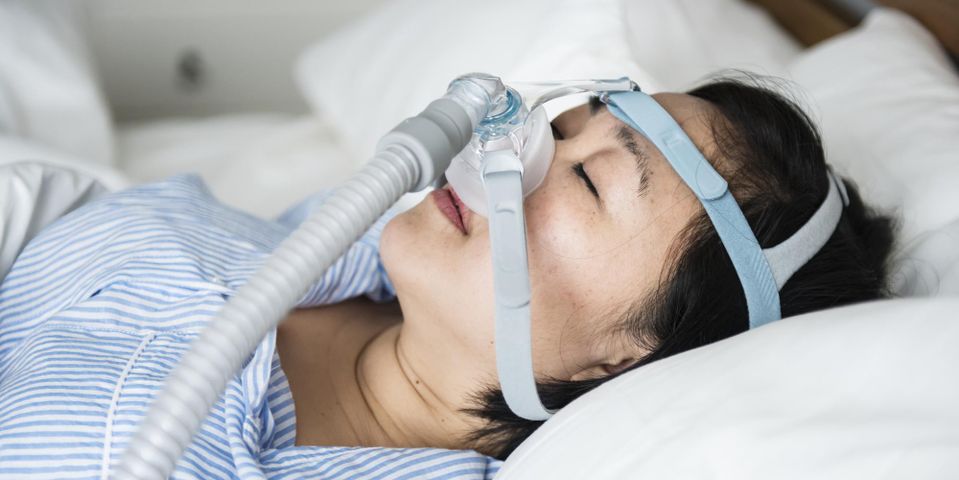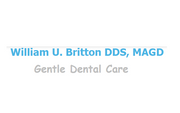What Every Person Should Know About Sleep Apnea

Current estimates suggest that as many as 22 million Americans suffer from sleep apnea—a disorder in which a person is unable to breathe properly during rest. However, while the long-term effects of this condition can be serious, the American Sleep Apnea Association says about 80 percent of cases still go undiagnosed. If you or someone you love suffers from untreated sleep apnea, here are a few important things to know about the disorder and how oral health solutions—such as airway dilators and mouth guards can help.
4 FAQ About Sleep Apnea
What Causes the Condition?
Obstructive sleep apnea (OSA) is when the throat muscles relax during sleep, blocking the airway. A rarer form of the condition, known as central sleep apnea (CSA) occurs when the airways remain open, but the brain is unable to send the proper signals to control breathing. Some may suffer from a mixed form of OSA and CSA.
How Can I Tell if I Have OSA or CSA?
 If you find yourself waking up gasping for air, feeling chronically tired during the day, or experiencing frequent headaches, you may want to be evaluated for OSA or CSA by participating in a sleep study. If you share a room with someone, they may recognize other signs as you sleep—such as severe snoring and restlessness. The National Sleep Foundation also says that one in four people with OSA also have bruxism—a condition that causes teeth grinding a night and often requires the use of a mouth guard to prevent dental damage.
If you find yourself waking up gasping for air, feeling chronically tired during the day, or experiencing frequent headaches, you may want to be evaluated for OSA or CSA by participating in a sleep study. If you share a room with someone, they may recognize other signs as you sleep—such as severe snoring and restlessness. The National Sleep Foundation also says that one in four people with OSA also have bruxism—a condition that causes teeth grinding a night and often requires the use of a mouth guard to prevent dental damage.
What Are the Risks?
When you are unable to breathe properly during rest, you will briefly wake up several times a night due to lack of oxygen. Over time, this pattern can cause you to miss out on a full night of sleep, leading to chronic fatigue, depression, and other related conditions. The National Institutes of Health also says people with OSA or CSA can be at a higher risk for developing asthma, kidney disease, heart problems, cancer, and other serious health concerns.
What Treatment Options Are Available?
If you are diagnosed with sleep apnea, your doctor may be able to help by prescribing the use of a CPAP machine or other device to help you breathe comfortably through the night. Your dentist may also help by prescribing an oral airway dilator—a device worn similarly to a mouth guard that helps keep your airway open during sleep.
As a trusted family and emergency dentist in Chillicothe, OH, William U. Britton, DDS, MAGD, can help you explore the latest oral devices to treat sleep apnea—including airway dilators and mouth guards for bruxism. Focused on optimizing oral health, Dr. Britton can also comfortably address other dental health problems including root canal infections, gum disease, and tooth damage. To learn more about these preventive and restorative services, visit this specialist online. For appointments, call a friendly staff member at (740) 772-2225.
About the Business
Have a question? Ask the experts!
Send your question

